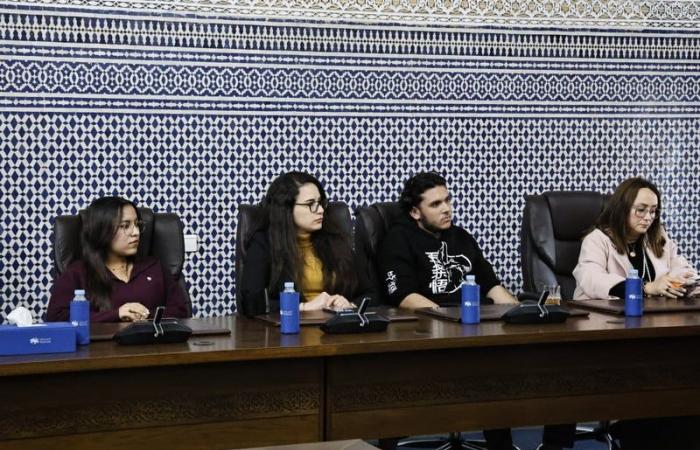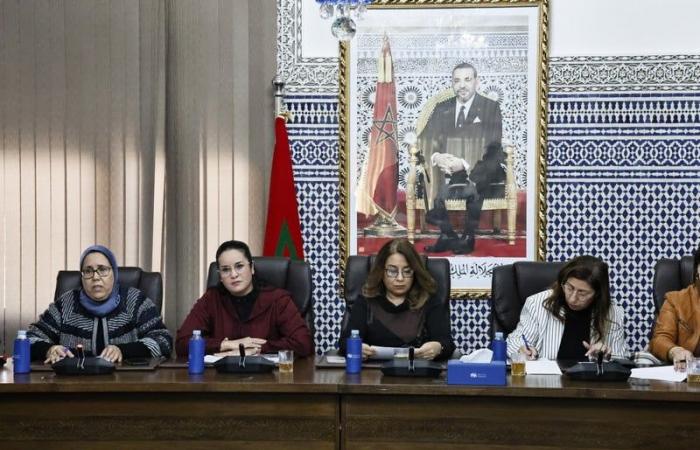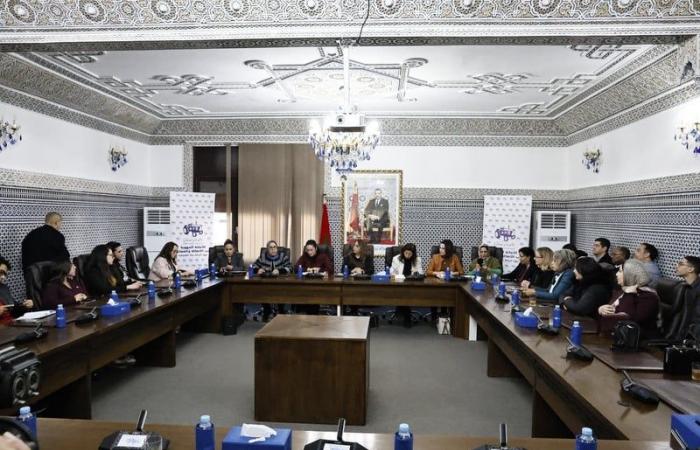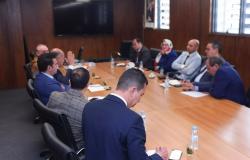On the verge of revolutionizing the foundations of Moroccan families, the family code is igniting debates. To this end, the women’s organization of the Party of Authenticity and Modernity (PAM), in close collaboration with the regional secretariat of the PAM of the Rabat-Salé-Kénitra region, held an exceptional meeting this Friday, January 3 , to shine the spotlight on this reform.
Being part of this exceptional meeting, Salma Benzoubir, regional secretary of PAM for the Rabat-Salé-Kénitra region, assumes that “ This meeting is part of the regional meetings which were initiated by the collegial presidency of the PAM. This initiative is part of a broader effort aimed at promoting the understanding and dissemination of the major legislative reforms which marked the revision of the Moudawana, the Moroccan Family Code”.
And as the main objective of this exchange, our speaker reiterates that highlighting the significant amendments made to this fundamental legislative text, which has profoundly transformed the legal status of women in Morocco, in particular in matters of matrimonial rights, inheritance , child custody and divorce.
As a reminder, this historic reform was launched under the leadership of King Mohammed VI, and is part of the continuity of his vision of a fairer, more modern and more egalitarian society. It constituted a reform project of exceptional scope, the result of an inclusive consultation process. This process involved not only the ministerial departments concerned, but also a wide range of actors from civil society, as well as the Council of Ulemas, guarantor of the integrity of Sharia and the balance between religious values and imperatives of a modern society.
In detail, she adds that “At the heart of these reforms is a balance between tradition and modernity, and a clear effort to strengthen women’s rights while respecting the cultural and religious specificities of the kingdom.”. These changes marked a decisive step in the evolution of Moroccan family law and helped lay the foundations for a fairer legal framework that is more respectful of individual rights.
This meeting is therefore an opportunity to discuss these reforms, she adds, before evaluating their implementation, examining the challenges remaining to be overcome and strengthening dialogue around means of ensuring that these advances are translate into concrete and lasting changes on the ground. It is also an opportune moment to strengthen collaboration between the different political, institutional and social actors in order to continue the work of modernizing the law and Moroccan society as a whole.
Approached by Hespress FR, Imane El Mouji, member of the PAM Women’s Organization, affirms for his part, that “this meeting aims to inform, simplify and explain in a clear and accessible manner the main modifications made to the Family Code, a fundamental text which governs the rights and obligations of Moroccan citizens in matters of family relations”.
The objective of this event is not limited only to the Rabat-Salé-Kénitra region. On the contrary, this meeting is part of a broader approach, which aims to cover all regions and provinces of the Kingdom. It thus aims to reach a wide audience throughout the country, in order to raise awareness among both citizens and citizens of the new provisions and major reforms introduced by the revision of the Family Code.
“This initiative is fully in line with the visionary guidelines of King Mohammed VI who has always placed the promotion of human rights and the improvement of the status of women at the heart of his priorities.”, indicates the defender of women’s rights. Indeed, these reforms are part of a vast process of modernization of Moroccan legislation, aimed at strengthening the principles of equality, justice and respect for the rights of all citizens, particularly women, in family relations.
Beyond information, the objective of this meeting is also to promote a better understanding of the issues underlying the legislative changes and to answer citizens’ questions about how these reforms will translate concretely into their daily lives. This is an essential moment to encourage collective awareness of the progress made and the challenges remaining, while strengthening dialogue with the different components of Moroccan society to guarantee full application of these reforms on the ground. .
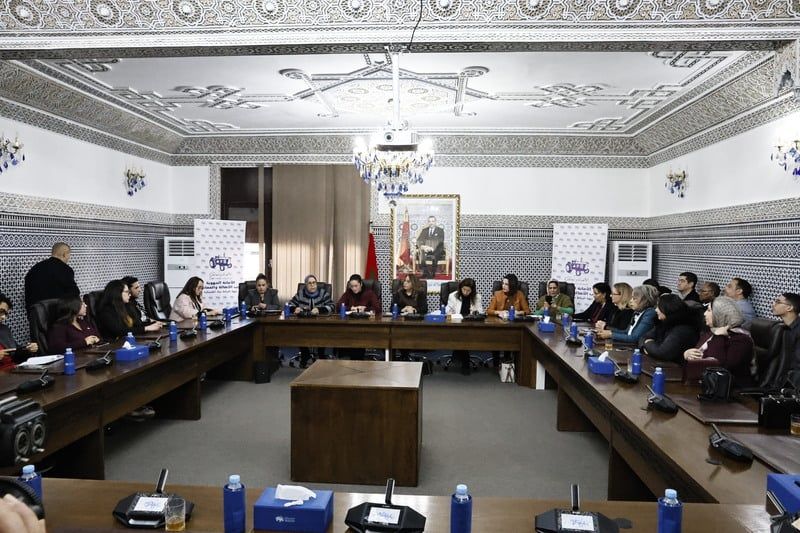
Feminism is not always feminine, Slimane Ourhil, PAM activist, confirms, for his part, that “This meeting is of great importance, because it marks a turning point in the legislative history of Morocco. Indeed, it has now been more than 20 years since the first Family Code, as it has been in force since 2004, was adopted. This legislative text constituted a major step forward in the modernization of Moroccan family law, by integrating fundamental reforms aimed at guaranteeing greater equality between the sexes and improving the rights of women within the home.”.
However, with the rapid evolution of societies and the aspirations of citizens, it has become evident that this Code, although having been a crucial step, must today be re-examined and adapted to the new social and cultural realities of Morocco. For him: the adoption of the new Constitution of 2011, which reinforced the principles of equality, justice and human rights, opened a new chapter in the transformation of our legislation. Therefore, it is necessary for the Family Code to reflect not only the progress made, but also the current expectations of Moroccan citizens, particularly in terms of family rights, social protection and distribution of responsibilities within the home.
The objective of this meeting today is therefore multiple. “On the one hand, it is a question of communicating in a clear and accessible manner the main modifications made to the Family Code, in order to allow all citizens to fully understand the changes and their implications. On the other hand, this day constitutes a real platform for dialogue, where we encourage citizens to express their opinions, concerns and suggestions regarding the Family Code. It is essential that citizens feel involved in the legislative process, and that they have the opportunity to make their voice heard, because this Code is above all at the service of the population.”, he explains.
And to conclude, the activist committed to the defense of rights whistles that by initiating this discussion, we hope not only to strengthen the transparency of the legislative process, but also to encourage a constructive dialogue which will contribute to ensuring that the Family Code responds the expectations of all Moroccans, while remaining faithful to the fundamental principles of justice and equity. It is by actively listening to the concerns and ideas of the population that we will be able to ensure a revision of the Code that is truly consistent with the needs of our evolving society.

